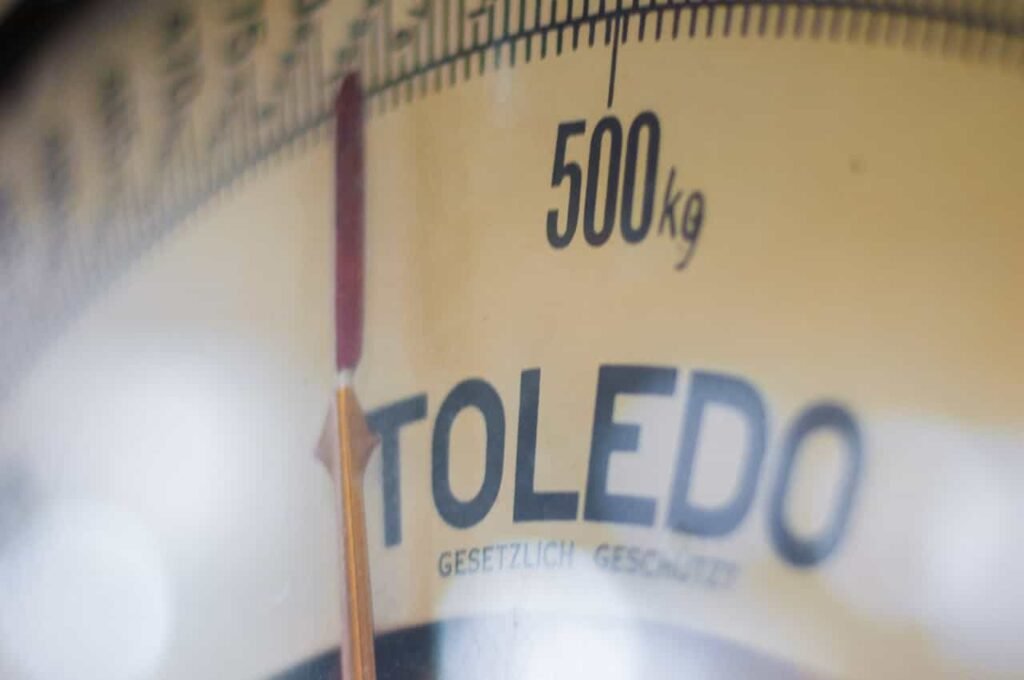Hitting a plateau can be frustrating and demotivating. It feels like you are running with all your energy, but there is a rope tied to your back that is not letting you move forward.
Do not worry—there are solutions for almost everything. You need to identify the problem and solve it accordingly.
What is a weight-loss plateau?
A weight-loss plateau is when one’s weight stagnates. In simple terms, one’s weight gets stuck at a particular number and does not drop.
It is one of the biggest obstacles a beginner needs to overcome because, at that time, a beginner becomes clueless and needs to understand where they are making mistakes that are stopping their progression.
If you do not know why you are hitting a plateau, then you will become frustrated at some point and start making wrong decisions vigorously. Like:
- Start thinking you can’t do it and end your fitness journey.
- Start binge eating and gain more weight than your starting weight.
- Become ill-tempered and curse your faith.
However, if you know why a weight loss plateau occurs, you can make educated guesses and ultimately break the plateau.
There are many reasons for which you can hit the plateau. The most popular ones are:

Contents
Top reasons for hitting a plateau
Not tracking your calories correctly
The basic principle of weight gain or loss is the calories in and calories out.
Calories are the energy we get from food. If we eat fewer calories than required, then we will lose weight, and vice versa.
The common mistakes that beginners make are not tracking their calories and estimating their calorie intake based on assumptions, which, in most cases, are far from reality.
When you are not tracking calories and hit a plateau, chances are you are eating at maintenance volume.
Suppose you weigh 100 pounds and need 2200 calories to maintain that weight. If you eat 2200 calories, then you are eating at a maintenance volume. Going lower than that will result in weight loss and going higher will gain you some weight.
Tracking calories can be difficult for a beginner. For an easy solution, you can use the free MyFitnessPal app. Though it will not give a 100% accurate result, it will provide you with an educated guess.
By controlling your calories, you can increase your chance of breaking the plateau because you will have an educated guess about what is causing it.
Going overboard on cheat meals
It almost takes a 3,500-calorie deficit to lose 1 pound of fat. If you diet strictly for 6 days and go all out on cheat day, then there’s a high chance you are offsetting the weekly deficit with that one all-in cheat day.
Suppose you eat at a 500 – 600 calorie deficit for six days in a week, which will be a 3000 – 3600-calorie deficit in a week. On your cheat day, you consume an extra 4000 calories by going all out, so at the end of the week, you will be in a 400-calorie surplus.
It is okay to enjoy cheat meals, but it should not be like that, which may destroy the whole week’s progress. If you can’t stop your hands, then rather than taking a cheat day, take one cheat meal. By making small adjustments, you can break your plateau.

Reduction of Neat
The full form of NEAT is non-exercise activity thermogenesis. It refers to activities you perform outside of exercising. Like walking, taking stairs, etc.
Our body is very smart. It adapts to changes fast and makes adjustments accordingly. When you reduce your calorie intake drastically, you unintentionally lower your NEAT. You will unintentionally use lifts or start using your car to go somewhere, even if the distance is close.
The reason behind this is that our body’s core functionality is survival. When you drastically deprive your body of food, it goes into survival mode and continues to store more energy by moving less.
So, never cut food drastically; cut slowly so your body will adjust accordingly, and the chance of hitting a plateau will decrease.
Doing Overtraining
It is a common mistake that a beginner makes. Sometimes, an individual who is on a weight loss journey becomes so desperate to cut down weight that they start overtraining, thinking that it will burn more calories and they will lose weight faster that way. However, the reality is far from that. Overtraining provides adverse effects, and at some point, you will hit a plateau.
Overtraining generates a lot of fatigue in your body. If you do not provide proper rest and keep on going overboard with training, your performance will eventually go downhill, as your body will not be prepared for progression.
Also, overtraining causes burnout, which causes more harm than benefit. Some people get so burned out that they decide to quit at some point.
Signs of overtraining are:
- Lack of sleep
- Feeling weak throughout the day
- Soreness that lasts more than 3 days
- Loss of appetite, etc.
If you have these signs and you hit a plateau, then reorganize your training schedules. Take at least one day off from training each week. Decrease the volume or intensity a bit. Follow a structured training and diet plan.

Not being patient enough
When you start cutting, you will see drastic changes every 2 or 3 days. The reason behind that is the weight that you are losing at that time is mostly water and glycogen weight. When you are overweight, you have a good amount of water and glycogen stored in your body. When you start to cut weight, glycogen gets burned by producing energy; thus, you burn out that storage, which reduces the weight significantly.
After that, glycogen storage gets emptied, and you start losing stored fat. Losing fat is a slow process, and the more you lose, the harder it becomes to lose the next pound of fat.
Sometimes, individuals do not hit a plateau, but they think they hit a plateau because they do not see any changes in 3 to 4 days. You need to understand that it takes time to lose some fat; you cannot just lose fat daily. However, if you have yet to see even a minor change for over two weeks, then you should make some changes to break the plateau; otherwise, allow yourself some time.
If you are still unable to lose weight, then please email us, and we will try our best to guide you so you can achieve your fitness goal.

